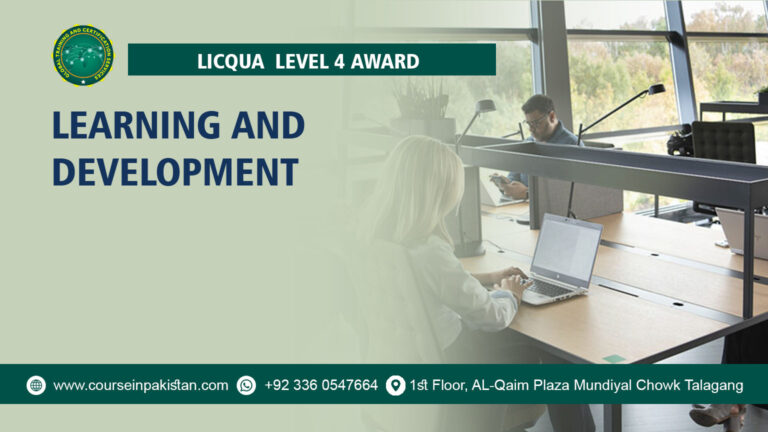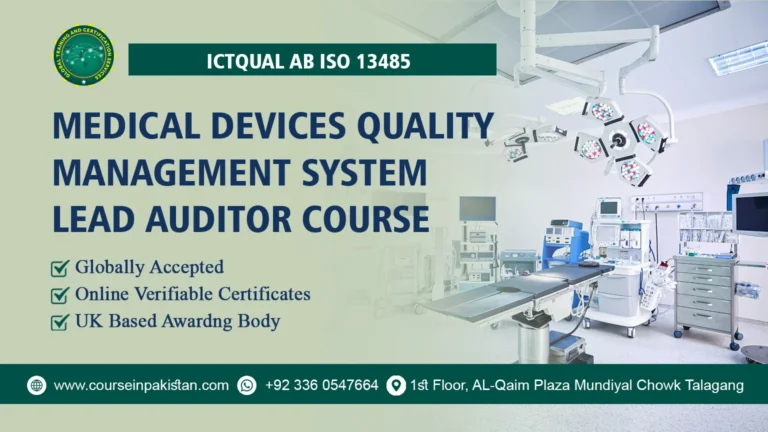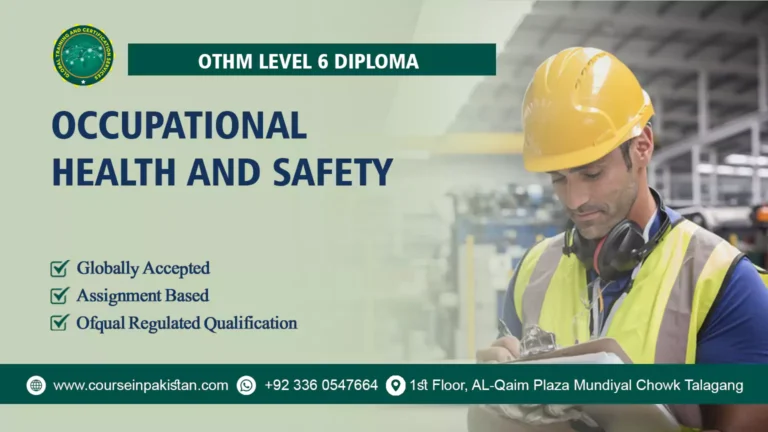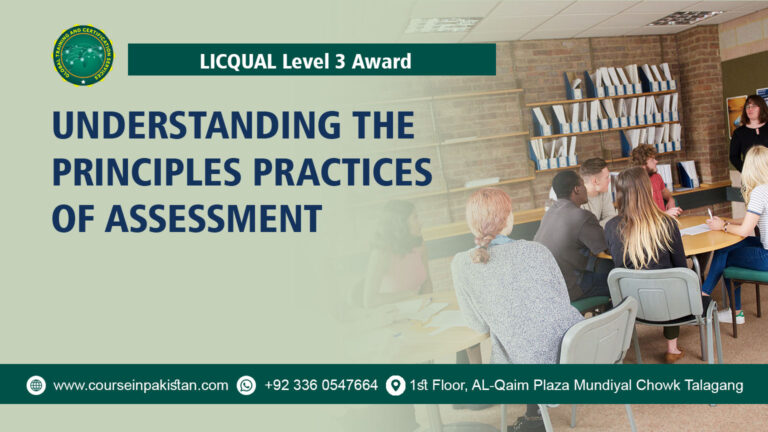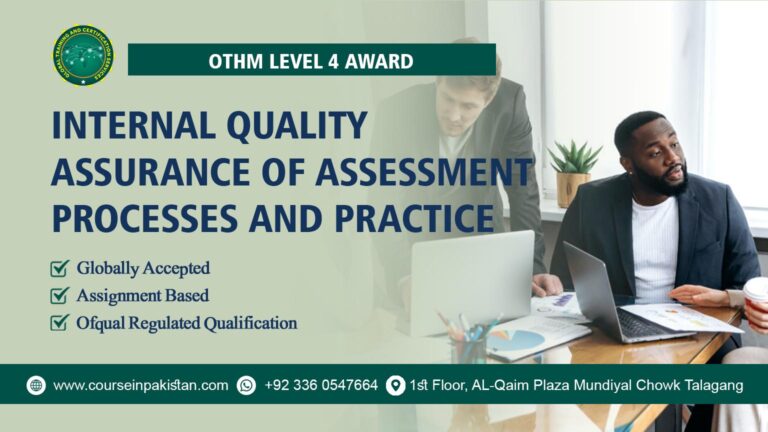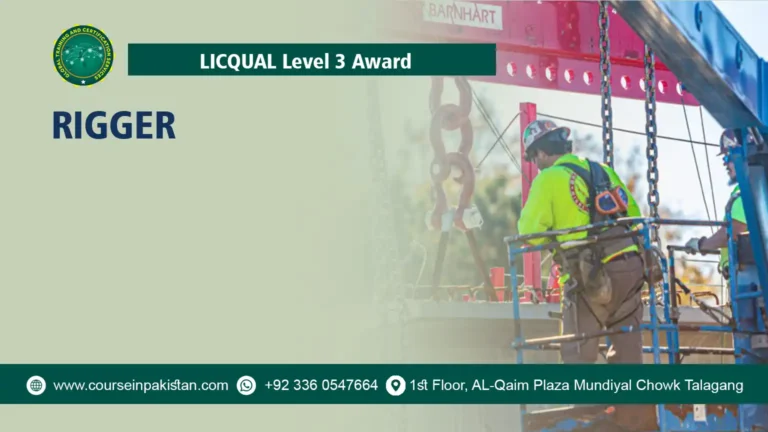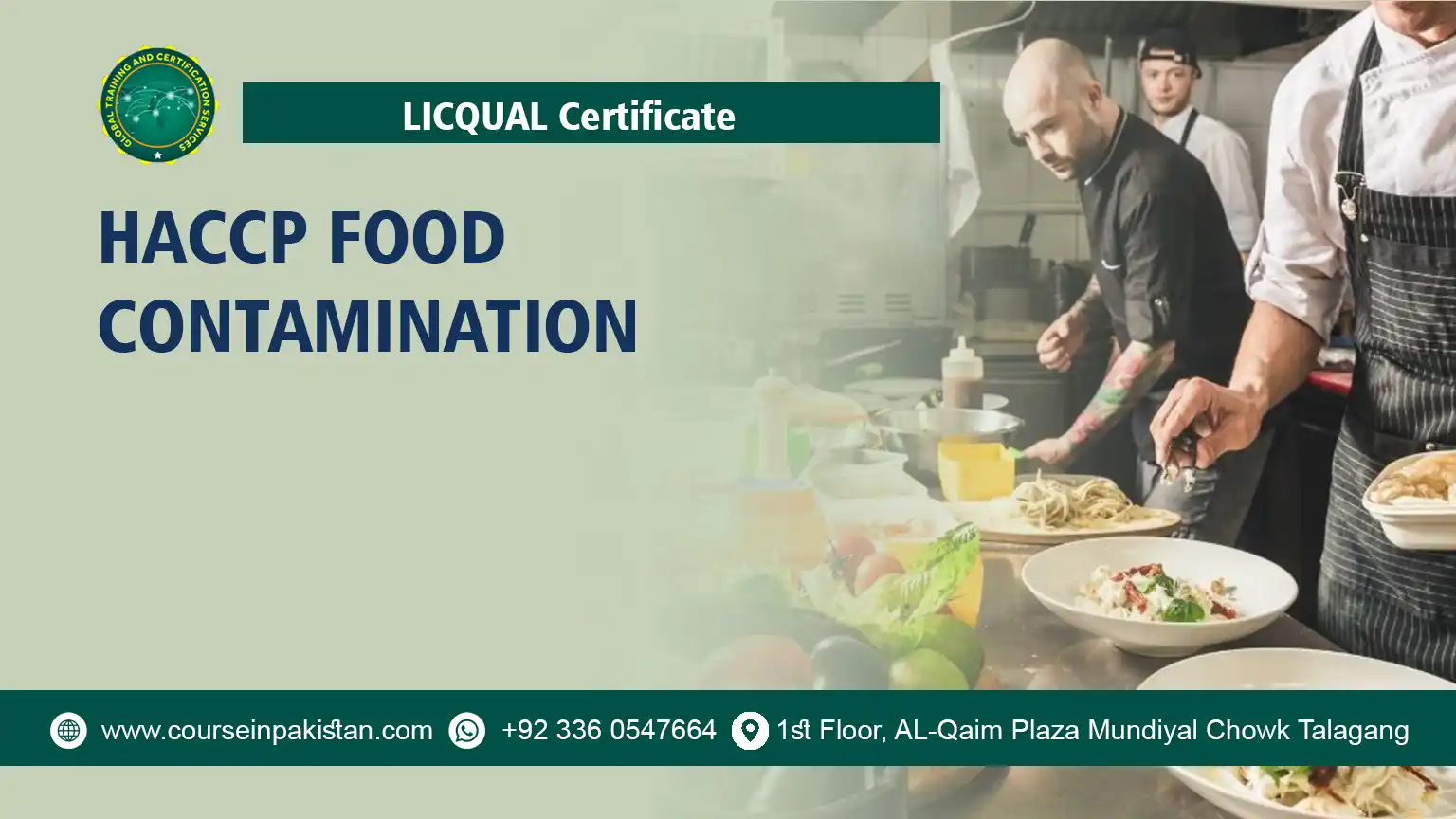
Certificate in HACCP Food Safety Hazards
Food safety is a critical concern in every stage of food production, from processing to consumption. The Certificate in HACCP Food Safety Hazards is a specialized training program designed to equip individuals with the knowledge and skills needed to identify, assess, and mitigate various food safety hazards using Hazard Analysis and Critical Control Points (HACCP) principles. This course focuses on understanding the diverse hazards that can compromise food safety and implementing preventive measures to ensure safe food handling practices.
Course Introduction
The Certificate in HACCP Food Safety Hazards course addresses the complexities of food safety management by focusing on the identification and control of hazards that can lead to foodborne illnesses. Participants will learn how to apply HACCP principles effectively to assess risks, establish control measures, and maintain high standards of food safety throughout food production and handling processes.
Course Overview
This comprehensive course covers essential topics related to food safety hazards and HACCP implementation. Participants will gain insights into hazard analysis, critical control points (CCPs), monitoring procedures, corrective actions, and documentation requirements. Practical examples and case studies will illustrate real-world applications of HACCP principles in mitigating food safety risks.
Course Benefits
- Enhanced Food Safety Knowledge: Gain in-depth understanding of various food safety hazards and effective preventive measures.
- Compliance Assurance: Learn to comply with regulatory standards and industry best practices in food safety management.
- Risk Management Skills: Develop skills to assess and mitigate risks associated with biological, chemical, and physical hazards.
- Career Advancement: Enhance career prospects in food safety management, quality assurance, and regulatory compliance.
Course Study Units
- Introduction to HACCP Principles
- Identifying Food Safety Hazards
- Critical Control Points (CCPs) and Control Measures
- Developing HACCP Plans
- HACCP Implementation and Monitoring
- Verification and Maintenance of HACCP Systems
- Practical Case Studies and Real-world Applications
Learning Outcomes
Introduction to HACCP Principles:
- Understand the foundational principles of Hazard Analysis and Critical Control Points (HACCP).
- Explain the benefits of applying HACCP principles in ensuring food safety.
- Recognize the regulatory requirements and industry standards related to HACCP implementation.
Identifying Food Safety Hazards:
- Identify common food safety hazards, including biological, chemical, and physical contaminants.
- Conduct hazard analyses to assess the potential risks associated with food production and handling.
- Prioritize hazards based on their severity and likelihood of occurrence in different food processing stages.
Critical Control Points (CCPs) and Control Measures:
- Define critical control points (CCPs) where control measures are crucial to prevent or eliminate food safety hazards.
- Establish critical limits and procedures for monitoring CCPs to ensure control measures are effective.
- Develop preventive measures and controls to maintain food safety throughout the production process.
Developing HACCP Plans:
- Develop comprehensive HACCP plans tailored to specific food production processes and operations.
- Outline the seven principles of HACCP and apply them to identify CCPs and critical limits.
- Document procedures for handling deviations from critical limits and implementing corrective actions.
HACCP Implementation and Monitoring:
- Implement HACCP plans effectively within food production facilities.
- Monitor CCPs and control measures to verify their compliance with established critical limits.
- Document monitoring activities and results to demonstrate adherence to HACCP principles and regulatory requirements.
Verification and Maintenance of HACCP Systems:
- Verify the effectiveness of HACCP systems through regular audits, inspections, and reviews.
- Validate HACCP plans to ensure they are scientifically sound and capable of controlling identified hazards.
- Maintain and update HACCP documentation, including records of verification activities and corrective actions.
Practical Case Studies and Real-world Applications:
- Analyze practical case studies and real-world scenarios to apply HACCP principles in various food processing settings.
- Evaluate the effectiveness of HACCP plans in preventing food safety hazards and improving overall food quality.
- Discuss best practices and lessons learned from successful HACCP implementations to enhance food safety practices.
These learning outcomes equip participants with the knowledge and skills necessary to effectively implement and manage HACCP principles in food production and processing environments. By focusing on understanding HACCP fundamentals, identifying food safety hazards, developing robust HACCP plans, implementing monitoring and verification procedures, and analyzing practical case studies, this course ensures that food safety standards are upheld and compliance with regulatory requirements is maintained throughout the food supply chain.
Who is This Course For?
The Certificate in HACCP Food Safety Hazards is suitable for:
- Food safety professionals seeking to enhance their knowledge and skills in hazard identification and control.
- Quality assurance managers and supervisors responsible for ensuring food safety in food production facilities.
- Regulatory compliance officers and auditors involved in assessing and monitoring food safety practices.
Future Progression for This Course
Completion of the certificate opens pathways for further specialization and career advancement:
- Advanced Food Safety Training: Courses focusing on specific aspects of food safety management, such as allergen control, microbial hazards, or food defense.
- Certified HACCP Auditor: Certification for professionals interested in auditing HACCP systems and ensuring compliance with global standards.
- Leadership Roles: Opportunities for senior management positions in food safety management, regulatory affairs, and quality assurance within the food industry.
Certificate in HACCP Food Safety Hazards equips participants with essential skills to mitigate food safety risks effectively using HACCP principles. By focusing on hazard identification, risk assessment, control measures, and compliance with regulatory standards, this course ensures safe food handling practices and maintains consumer confidence in food products.

